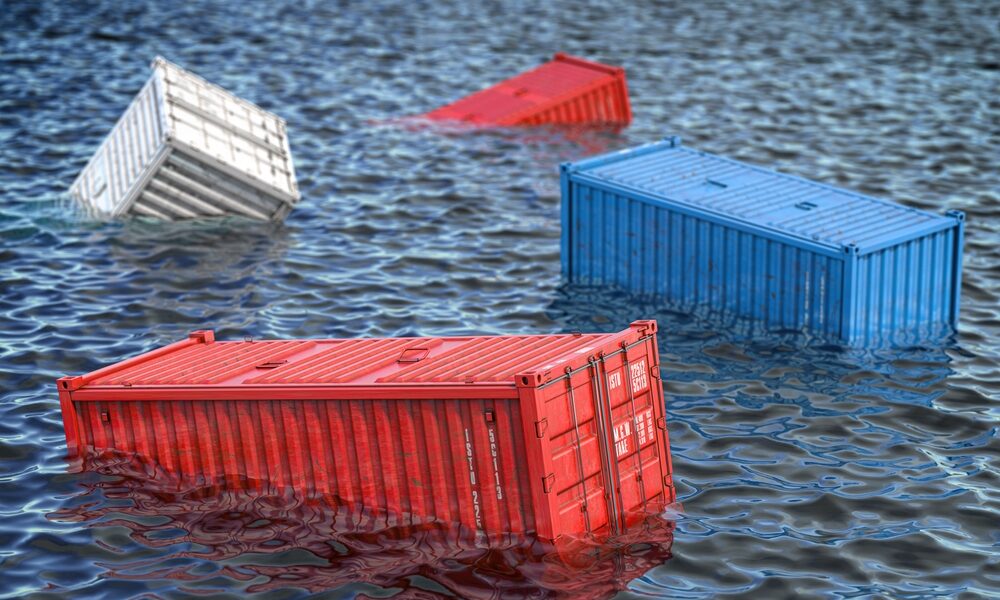As an approved freight forwarder and customs agent, Centrimex advises its clients every day on their choice of goods insurance.
Choice of INCOTERMS, risks to cover, damage to anticipate… Here’s a summary of what you need to know about import-export cargo insurance!
What is the purpose of cargo insurance?
When transporting goods, there are many risks of loss or damage. A ship can sink, a refrigerated container can break down and cause a break in the cold chain, a fragile product can break…
Transported goods insurance is designed to protect you against any loss of value (or damage) by covering your goods in transit.
When it comes to insurance, it’s essential to distinguish between risk and damage:
Risks are the causes or events likely to affect goods.
Damage refers to the consequences suffered by the goods or their deterioration during transport or associated operations (handling, storage, loading, unloading, etc.).
Who is responsible for insuring goods during shipment?
The insurance policy can be taken out by the various players involved in logistics:
- The carrier, who can take out a “third-party loader” insurance policy on behalf of his customer In the event of damage to the goods during the journey, it is the carrier’s responsibility to contact the insurance company and file a claim.
- The shipper, who can take out “feeder” insurance. To do this, you need to provide him with a great deal of information about your next shipment: the total value of the goods, their nature, the date they will be sent and the mode of transport.
- The shipper, who can take out “all-risk cover” or a “subscription” (or “floating policy”) to insure his goods himself.
It is also possible to put in place other guarantees on a case-by-case basis, such as the “FAP” guarantee (for Financial Advice Provider) in maritime transport or the “War risks and similar” guarantee when the convoy crosses a high-risk country.
Centrimex can help you choose your incoterms and insurance policy.
Notre assurance fret Cargo Zen Our Cargo Zen freight insurance covers your goods from the point of shipment to the port of destination or final delivery. Whatever mode of transport you choose, this ad valorem insurance covers all your import and export operations up to the actual value of your goods.
Choosing an Incoterm
The incoterm (for “International Commercial Terms”) determines the responsibility of the seller and the buyer depending on the stage of transit.
It indicates when the seller ceases to be liable for the goods and associated costs. This transfer of responsibility can take place at any time: when the goods leave the factory, when the pallets are handed over to the carrier, after customs clearance for export, on delivery to the buyer.
The wording of this contract is strictly codified. The Incoterms nomenclature reduces each case to 3 letters. For example, EXW means that transport (and goods insurance!) is the buyer’s responsibility from the moment the goods are loaded at the place of departure, whereas DDP means that the seller manages and handles all the logistics.





